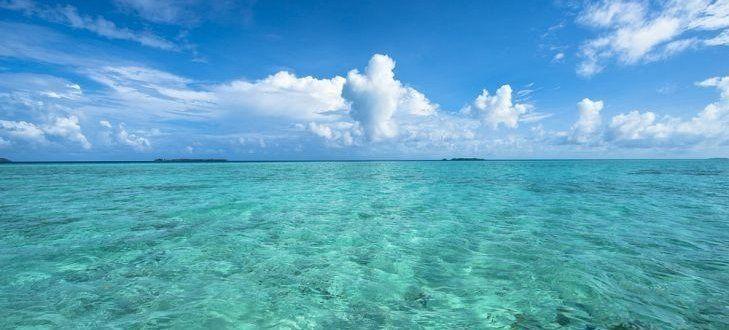
The potential harms effects of metals and mineral nutrients substances they release sunscreens in the sea need further investigation, new scientific research finds. Sunscreens affect ecosystems
The harmful effects of UV filters in sunscreens on corals and other marine organisms are well known. The new issue is that the sunscreens worn by swimmers also release various metals such as aluminum, titanium, phosphorus and silica, skyrocketing their concentration in seawater.
What happens when sunscreen comes into contact with water?
In particular, the researchers of the University of Cantabria, led by Dr. Araceli Rodriguez-Romero of the Department of Chemistry, who made the relevant publication in the journal Environmental Science & Technology of the American Chemical Society, studied what happens when sunscreens come into contact with Mediterranean water.
The concentration of aluminum in the sea
The scientists found that the concentration of aluminum in the sea can increase by 4% during a typical summer day at the beach, while that of titanium even by 20%.
Now scientific research should turn to whether bathers wearing sunscreen can negatively affect the balance of the marine ecosystem as the amounts of metals released increase.
SOS for using sunscreen in the pool
However, another scientific study rings a "bell" for those who are used to swimming in chlorine pools and use sunscreen.
Researchers at Moscow-based Lomonosov University have found that a chemical compound found in almost every sunscreen becomes toxic when it reacts with chlorine and ultraviolet radiation.
This substance is called avobenzone and is considered the most popular sunscreen ingredient in the world, due to its ability to absorb sunlight, thus preventing the harmful effects on the skin.
Sunscreens affect ecosystems
Russian scientists have proven, according to their words, that this chemical compound forms toxins that can cause cancer when exposed to a mixture of helium and chlorinated water.
Specifically, they found that aldehydes, phenols, and chlorinated acetylbenzenes were formed due to this substance in experiments simulating swimmers wearing sunscreen. The last two elements are considered eextremely toxic and closely associated with fatal cancerous tumors and infertility.

No Comments